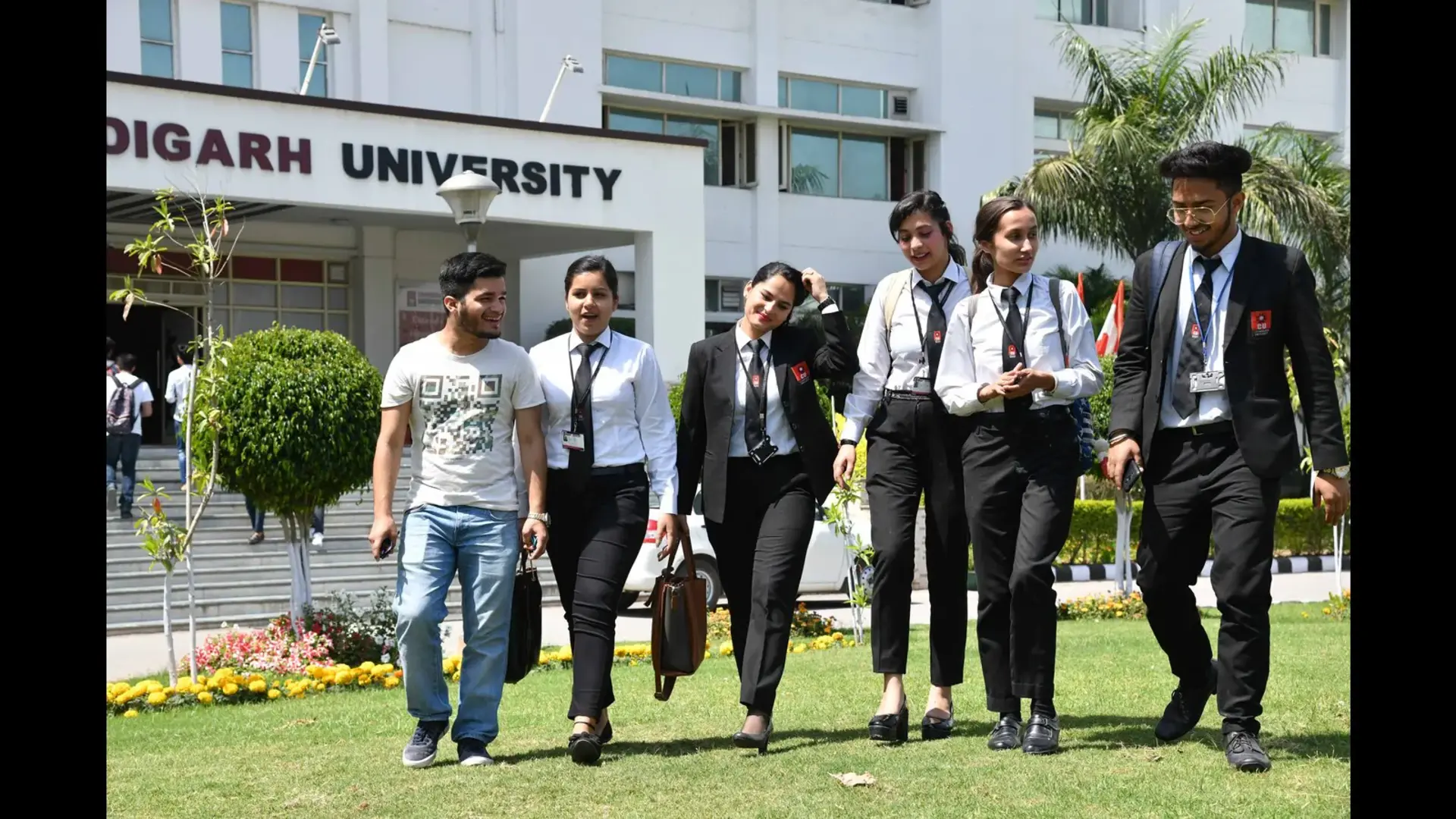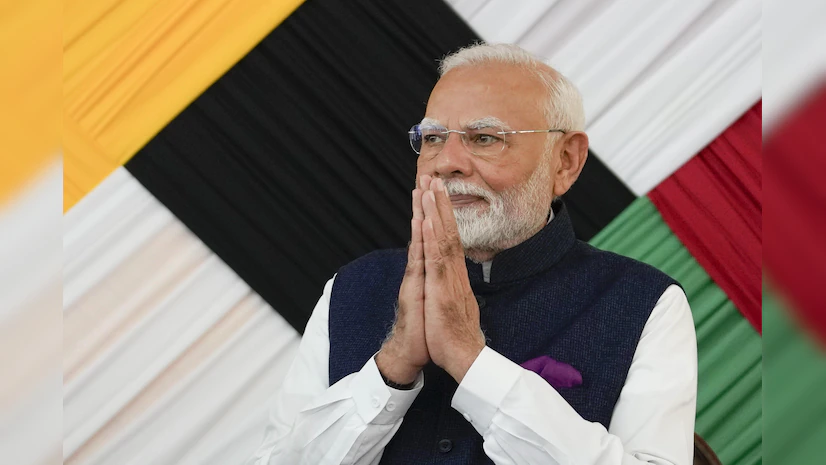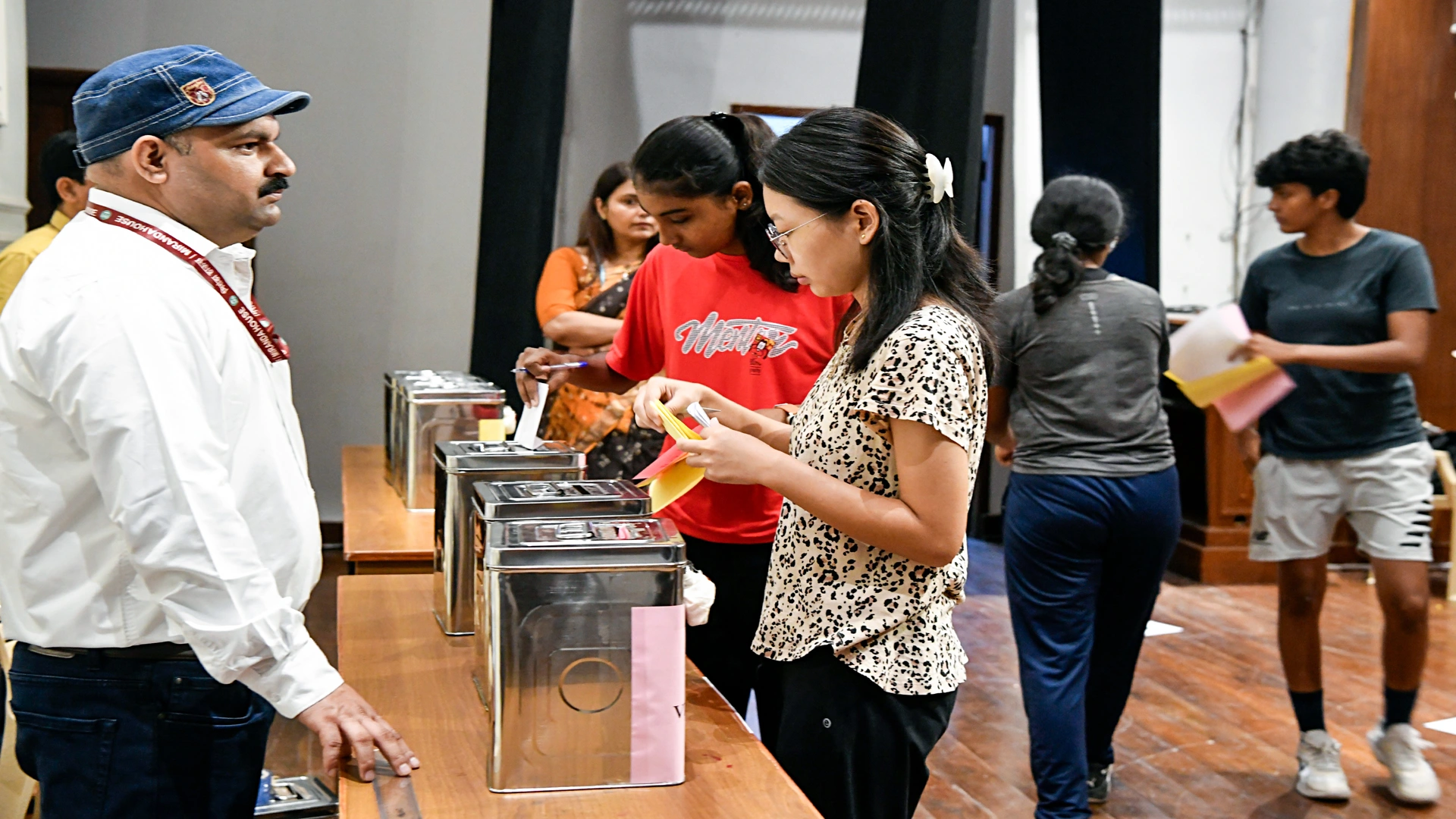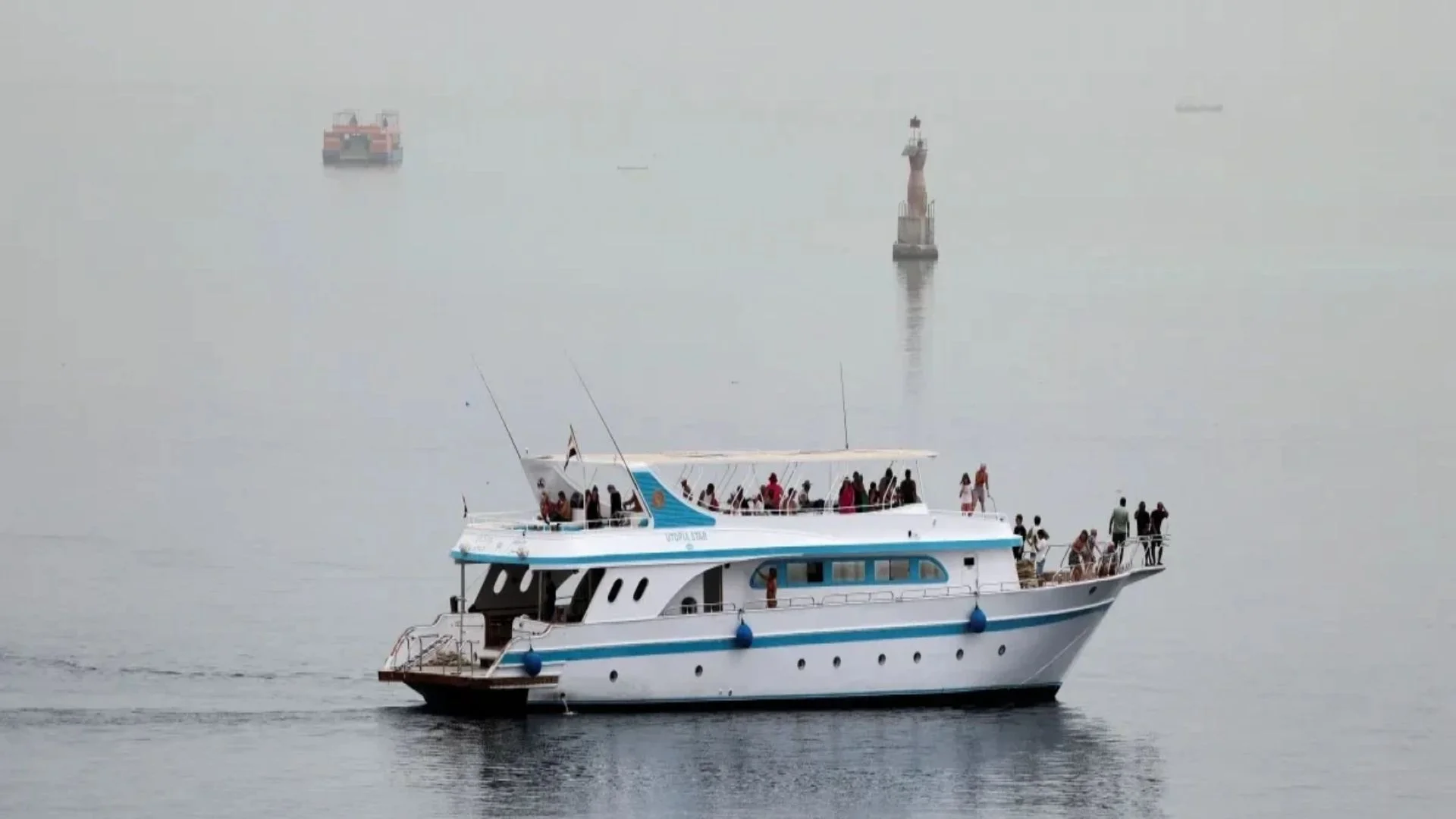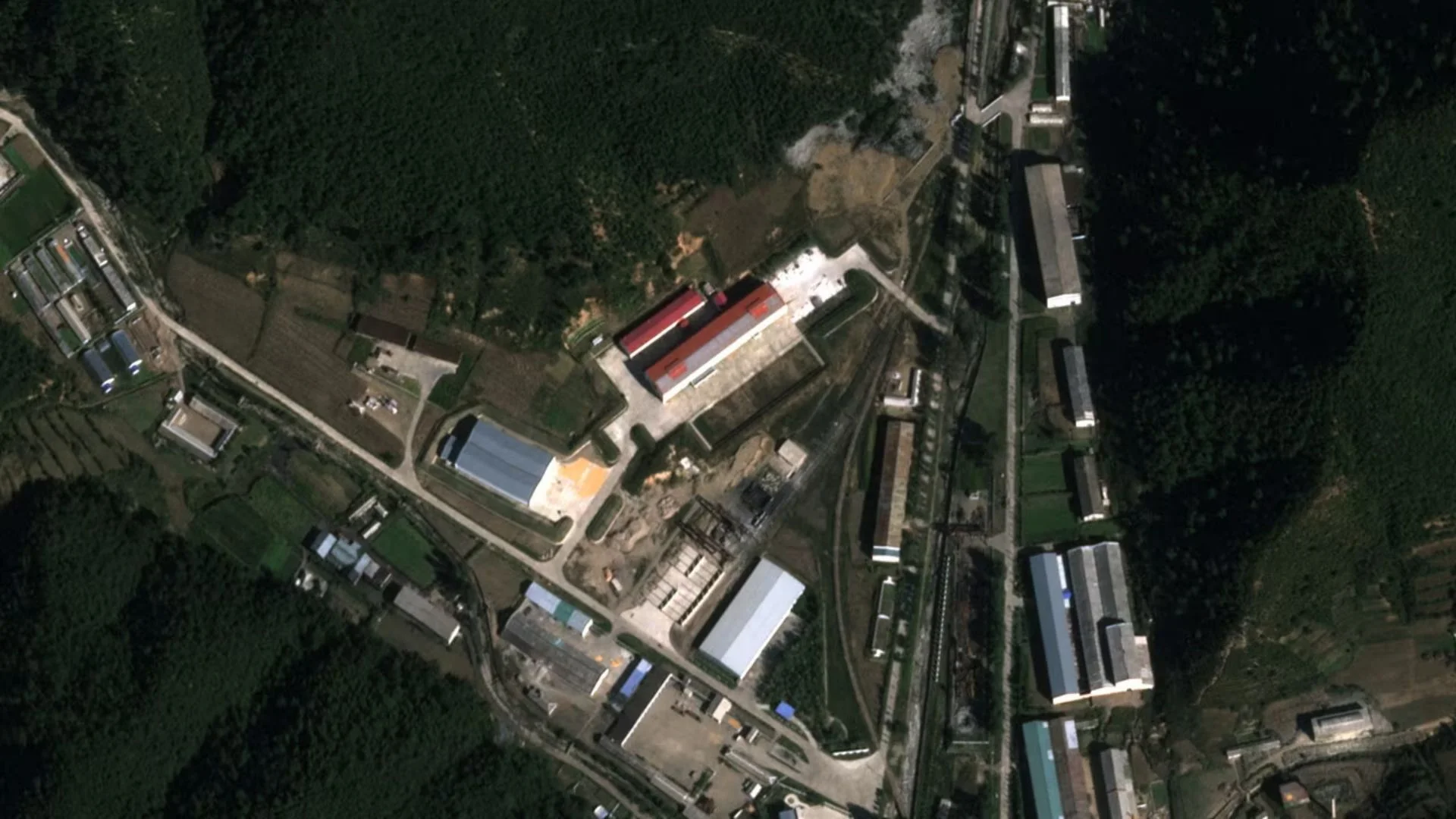The ongoing fuel crisis in Chandigarh and various districts of Punjab has underscored a stark difference in administrative responses. Amid panic buying and disrupted supply chains, Jalandhar’s Deputy Commissioner, Vishesh Sarangal, demonstrated effective crisis management skills, swiftly resolving the strike by coordinating with truck unions and ensuring the restoration of fuel supply within hours.
Simultaneously, Deputy Commissioner of Sangrur Jatinder Jorwal following footsteps of his colleague also have been able to make call off strike of truck unions, and restore the supply. Contrarily, Chandigarh’s UT Administration, despite being a Smart City, struggled to contain the chaotic situation, resorting to imposing caps on fuel supply, aggravating the scarcity.
Long queues at fuel stations have persisted since Tuesday morning, exacerbated by a strike called by drivers of oil tankers. An estimated one lakh trucks, private buses, and tankers remained off the roads, severely impacting the supply chain.
The strike, triggered by opposition to stringent provisions in the central law that now mandates an increased jail term for hit-and-run cases, has paralyzed commercial transport. Transport company operators highlighted drivers’ concerns about potential mob violence in accidents, leading to a complete suspension of supply chains.
In various districts like Bathinda, diesel stocks at fuel stations have been completely depleted, leading to fears of further shortages and disrupting public transport. Additionally, panic buying has led to skyrocketing fuel rates and a strain on available supplies.
The repercussions have extended beyond fuel shortages, affecting the supply of essential goods like fruits and vegetables. The Sabji Mandi Association in Ludhiana reported a significant disruption in the supply of various vegetables and fruits, leading to a sudden surge in prices.
The situation has prompted bus drivers to announce a two-hour strike, compounding the challenges faced by residents in commuting. Local taxis have taken advantage of the crisis, hiking fares significantly, adding to the public’s woes. As the crisis intensifies, contrasting administrative responses between regions have come to the fore, emphasizing the need for more effective crisis management strategies to mitigate the impact on citizens and restore normalcy.
Taking action over the ongoing strike by drivers of fuel-tankers and restricted supply of Petrol & Diesel in UT Chandigarh, District Magistrate Chandigarh by orders has imposed temporary restriction on Petrol/Diesel sale at fuel stations in Chandigarh. Effective immediately, two-wheelers are limited to a maximum of 2 litres (maximum value of Rs 200) and four-wheelers are limited to 5 litres (maximum value of Rs 500) of fuel per transaction.
The imposed limitations are a proactive measure to ensure the availability of fuel for all during this period of temporary disruption of fuel supply. Fuel station operators are urged to comply with these regulations, and consumers are kindly requested to cooperate with the imposed restrictions. The District Magistrate emphasized that this measure is a precautionary step to manage the current situation until normalcy is restored. Efforts are going on resume supply of fuel to UT Chandigarh in coordination with Oil Marketing Companies and State of Punjab & Haryana
